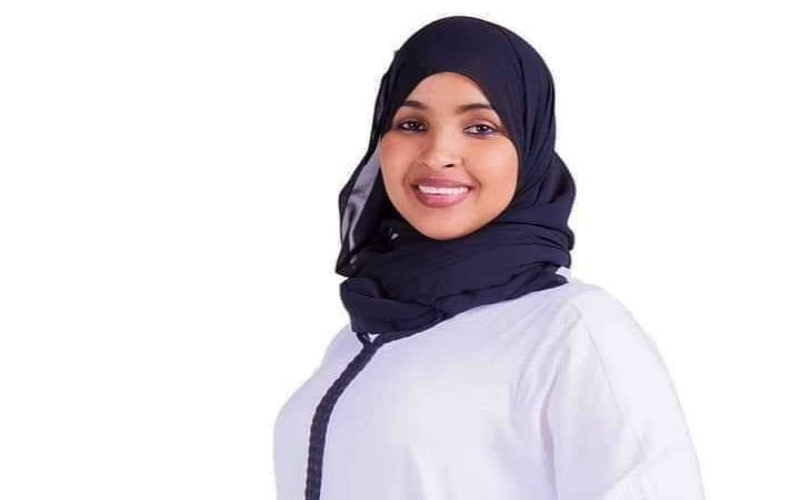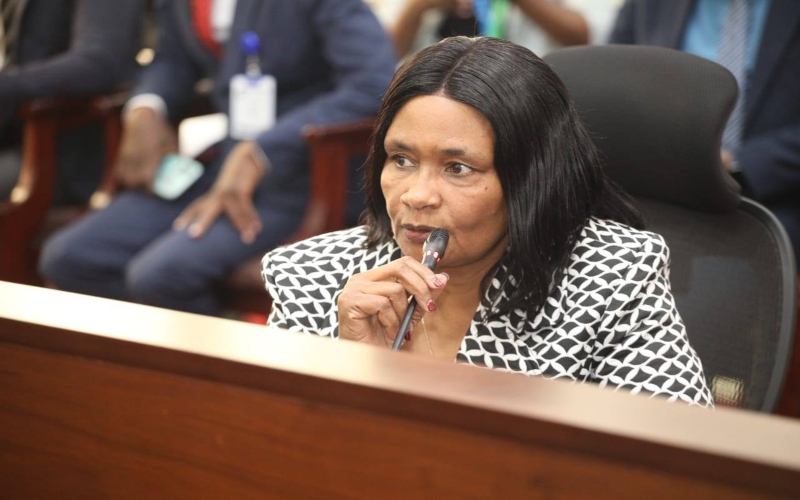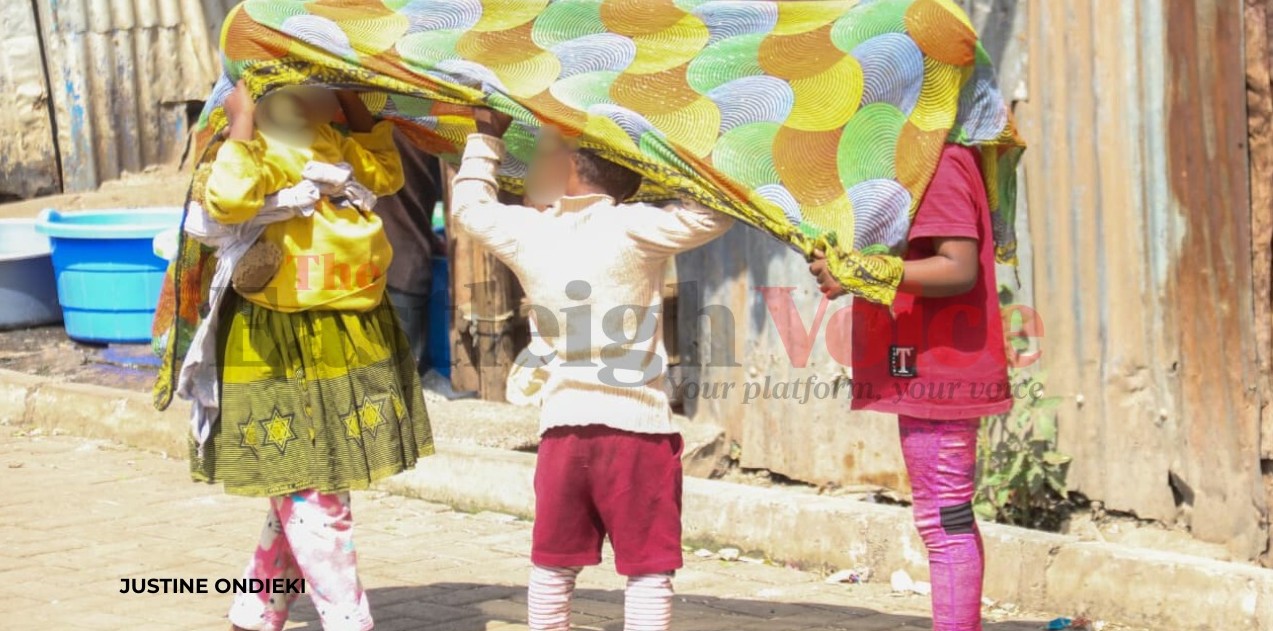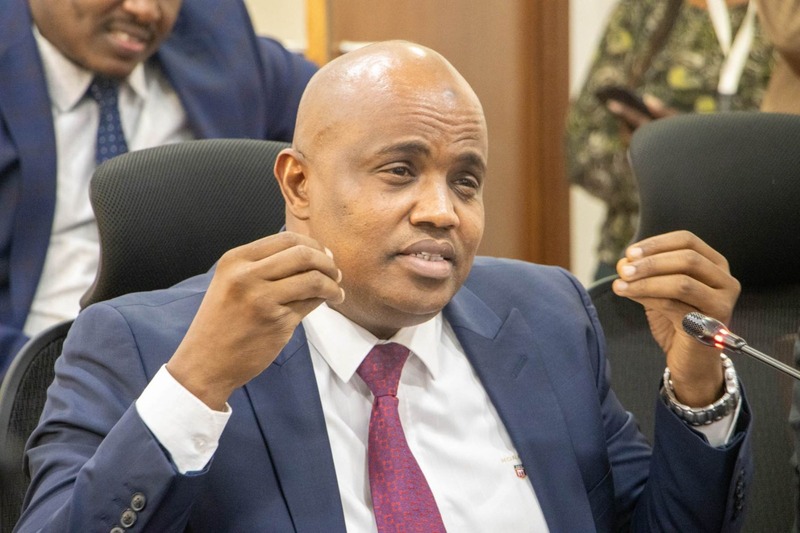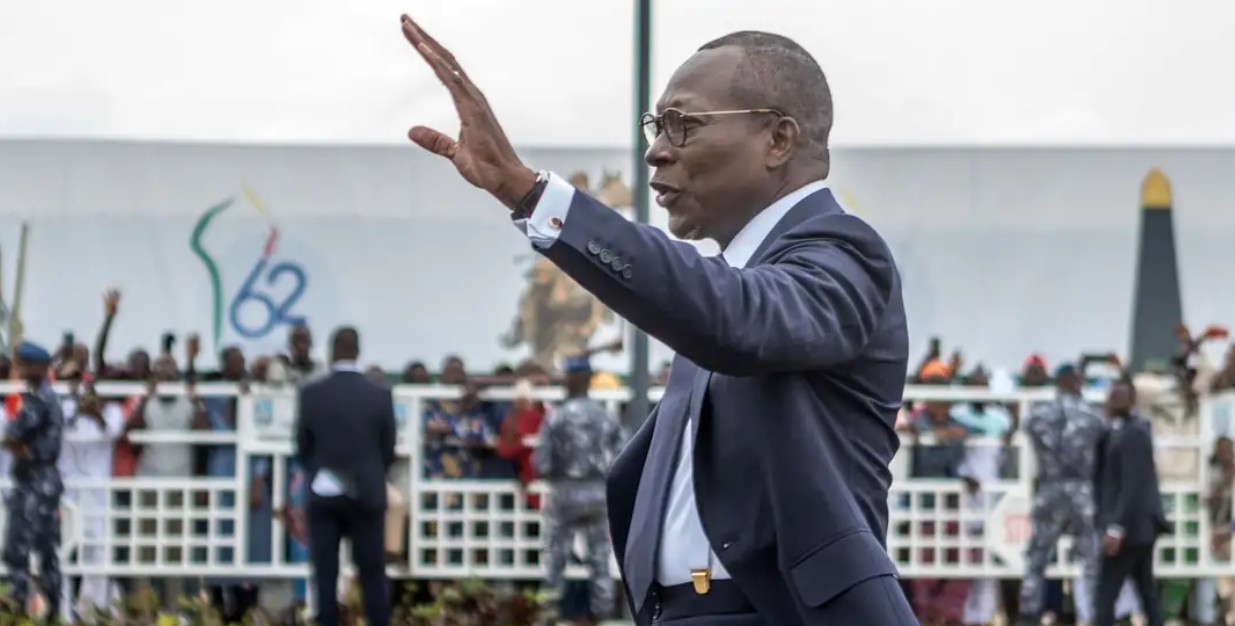Gambia's bid to unban FGM divides families, parliament

If it succeeds, the Gambia, a small West African nation of fewer than 3 million people, would be the first country in the world to make FGM legal again after outlawing it. A final vote is expected on July 24.
For Mariama Jarjou, taking her two daughters to a traditional circumciser when they were 5 and 4 was an act of love - a painful but important ritual that would give them status in their village and make them eligible for marriage.
An uncut woman is a "solima" in the local Mandinka language in Gambia. People will tell her she smells bad, said Jarjou, who is now in her 50s. No one will eat the food she cooks, be her friend or want her as a wife.
More To Read
- KNCHR report casts doubt on Kenya’s commitment to refugee protection
- Maasai community leads change as elders endorse fight against FGM and early marriage
- Stakeholders warn of increased FGM cases in Wajir during long school holiday
- Gender CS Cheptumo calls for collective action against teenage pregnancies
- From silence to strength: The Kenyan women ending FGM and early marriages
- Nowhere to run: How girls escaping harm still find themselves in unsafe spaces
Few dared question Gambia's former dictator, Yahya Jammeh, when he outlawed female genital mutilation (FGM) over a decade later, in 2015, saying it was not required by Islam, the country's majority religion. But today, Jarjou strongly supports an attempt in parliament to repeal the ban.
If it succeeds, the Gambia, a small West African nation of fewer than 3 million people, would be the first country in the world to make FGM legal again after outlawing it. A final vote is expected on July 24.
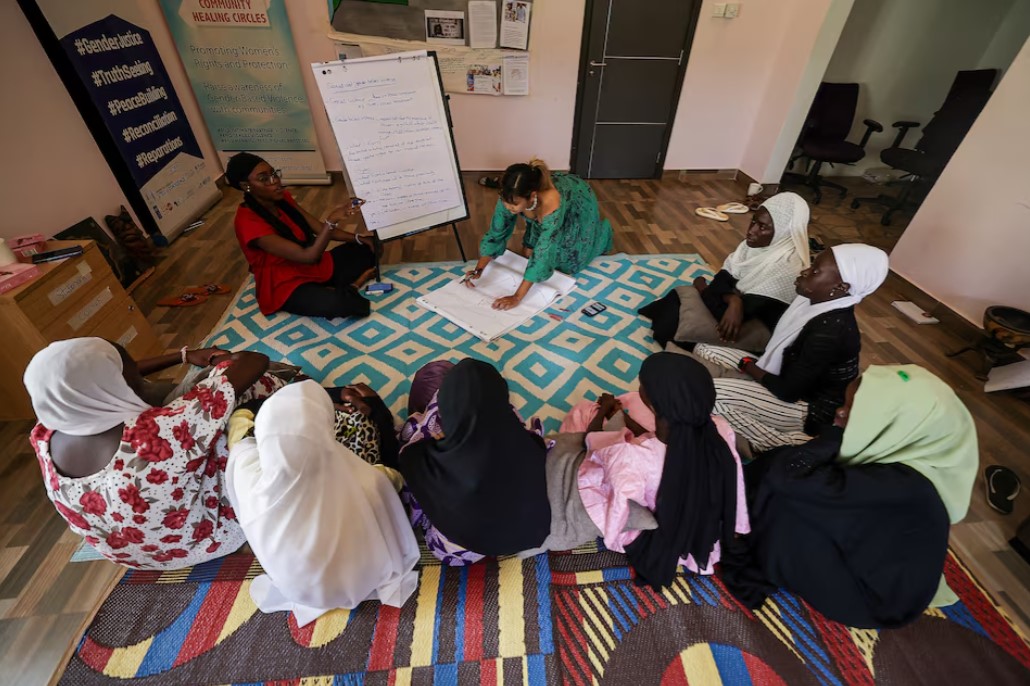 Ya Lena Houma, program manager at Women in Liberation and Leadership (WILL), who is against female genital mutilation (FGM), leads a session about the health impacts of the practice at the group's headquarters in Banjul, Gambia, June 6, 2024. (Photo: REUTERS/Zohra Bensemra)
Ya Lena Houma, program manager at Women in Liberation and Leadership (WILL), who is against female genital mutilation (FGM), leads a session about the health impacts of the practice at the group's headquarters in Banjul, Gambia, June 6, 2024. (Photo: REUTERS/Zohra Bensemra)
"If we stop (FGM), women will suffer ... and our children will not know our culture," Jarjou said.
Banned in over 70 countries worldwide, FGM remains widespread in some African nations and diaspora communities. An estimated 144 million women and girls on the continent have been subjected to the practice, which usually involves the partial or total removal of the external genitalia.
The consequences are lifelong and can include chronic pain; recurring infections; problems with urination, menstruation and childbirth; pain during sexual intercourse and trauma. The World Health Organisation says FGM brings no health benefits, only harm.
In Gambia, many people continue to take girls to be cut despite the ban, which authorities have not enforced seriously, anti-FGM campaigners say.
Almost three-quarters of women aged 15 to 49 have undergone the practice, 65 per cent of them when they were younger than 5, according to the latest government health survey in 2019-2020. The figure drops to around 46 per cent for girls under 15, the survey found.
The first FGM convictions came eight years after the ban was introduced, in 2023, when three women were found guilty of cutting eight infant girls. This sparked a public debate about the practice for the first time in Gambia, one that has divided villages and families, and now parliament.
Top Stories Today



